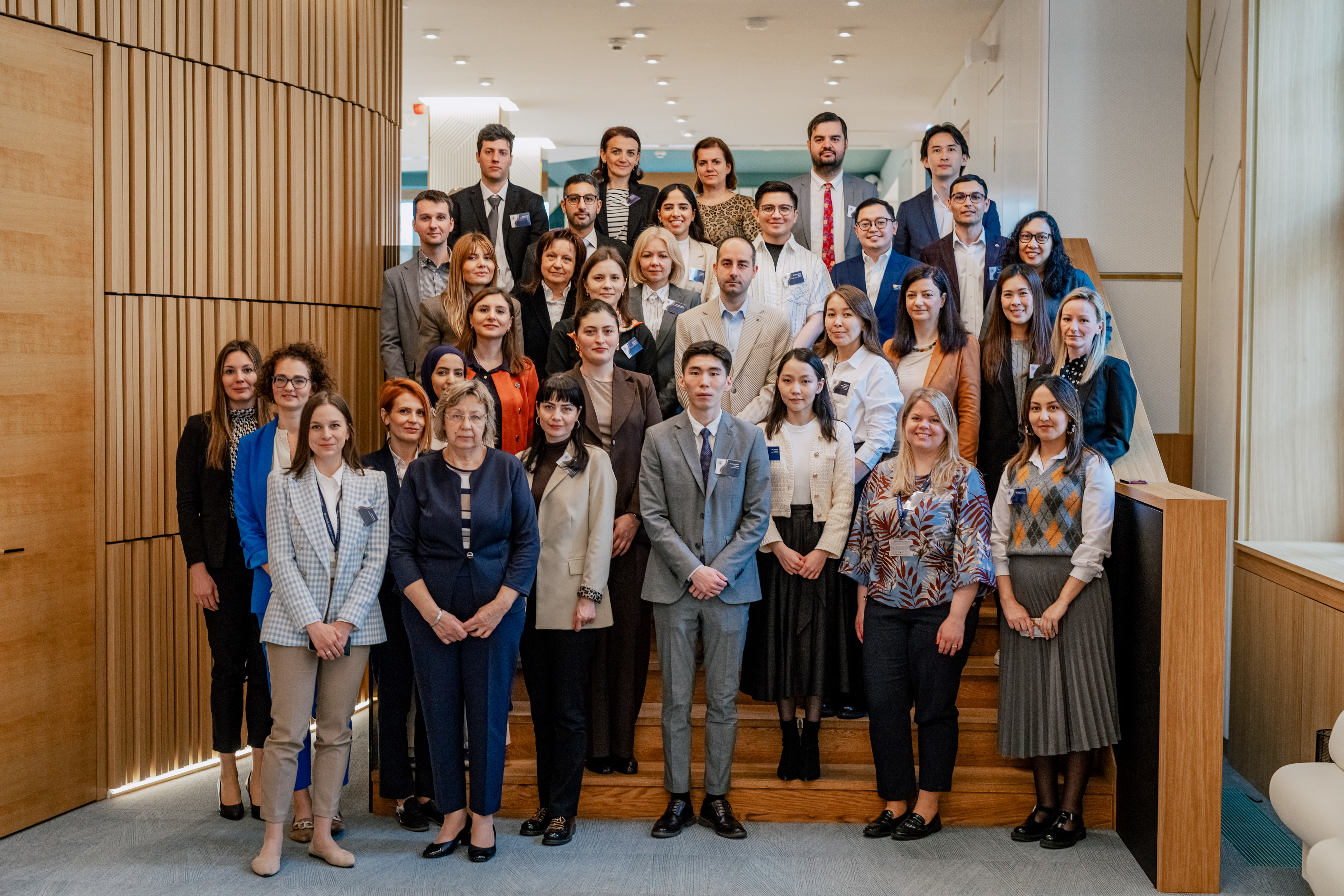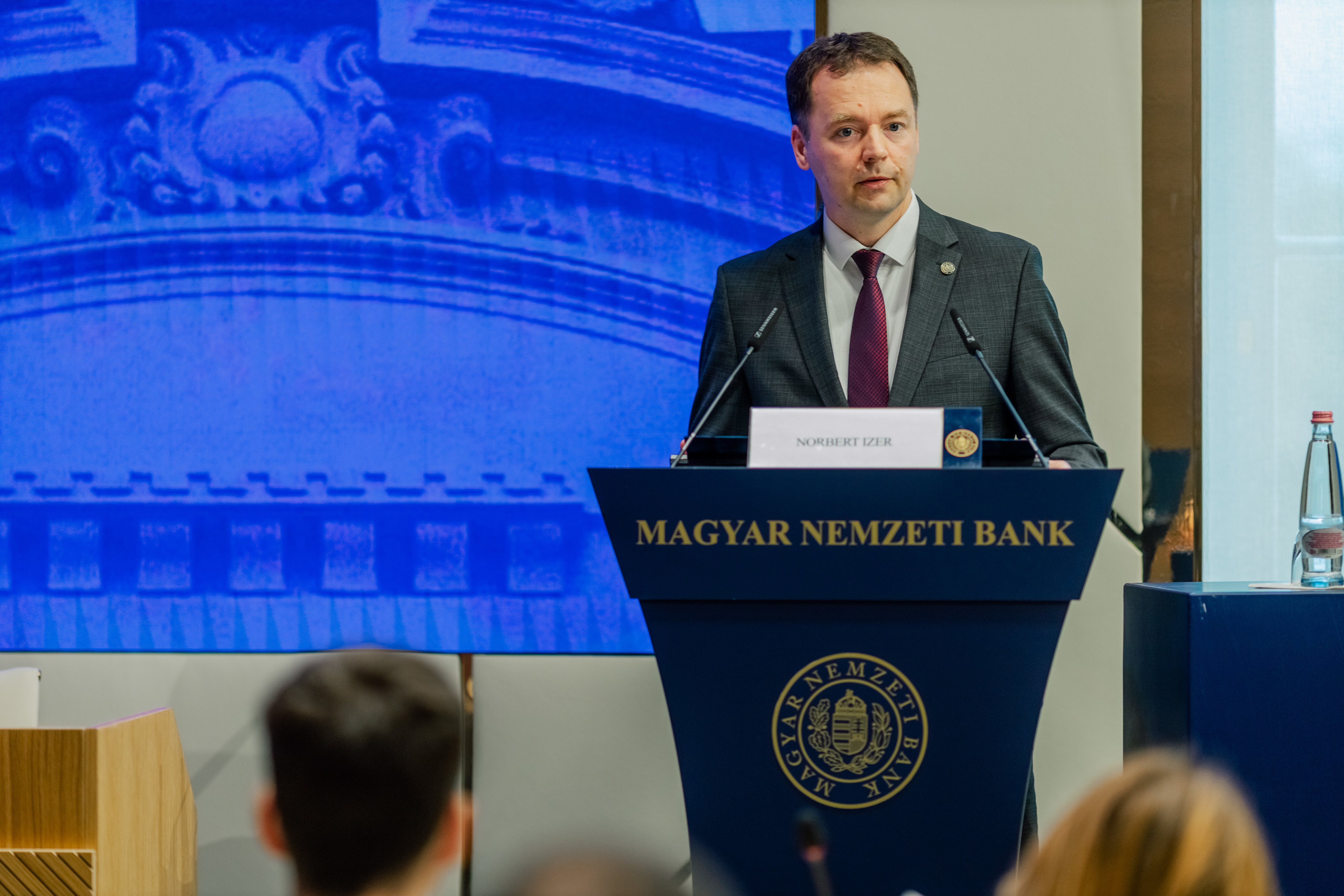Magyar Nemzeti Bank (MNB), the Central Bank of Hungary is offering its technical assistance program for the third consecutive year to partner central bank and supervisory experts. The aim of the program is to foster international cooperation, support the exchange of knowledge and experience, and provide a platform for sharing best practices. In response to the challenges of the dynamically changing global economic environment, this year’s program is titled “Stability in Transitions”, highlighting the crucial balance central banks must strike between resilience and change.
The 2025 Technical Cooperation Programme was launched with the seminar “Green and Sustainable Finances – Introducing the MNB’s Green Program”, held in Budapest between April 14–17. The event was opened by Mr. Norbert Izer, Executive Director for Prudential and Consumer Protection Supervision of Financial Institutions, who emphasized that climate change and sustainability present challenges that require active, conscious, and internationally coordinated actions by central banks and supervisory authorities.
The seminar attracted significant interest, with almost 30 representatives from 17 countries participating – including Albania, Bosnia and Herzegovina, Georgia, Indonesia, Kazakhstan, Oman, and Uzbekistan. Over the four-day program, participants received an in-depth overview of MNB’s sustainability strategy, carbon footprint reduction initiatives, climate stress testing, green mortgages, and the management of ESG and biodiversity risks.
The seminar offered not only theoretical insights but also provided opportunities for direct experience-sharing through practical workshops and interactive exercises. In addition to MNB experts, speakers from the private sector also shared valuable insights.
Magyar Nemzeti Bank believes that central bank cooperation and international knowledge sharing are key to effectively addressing global challenges. The active involvement of central banks in the fight against climate change, the promotion of green finance, and the guidance provided to financial market participants are essential for the creation of a stable and sustainable financial system capable of supporting long-term economic and social well-being.


